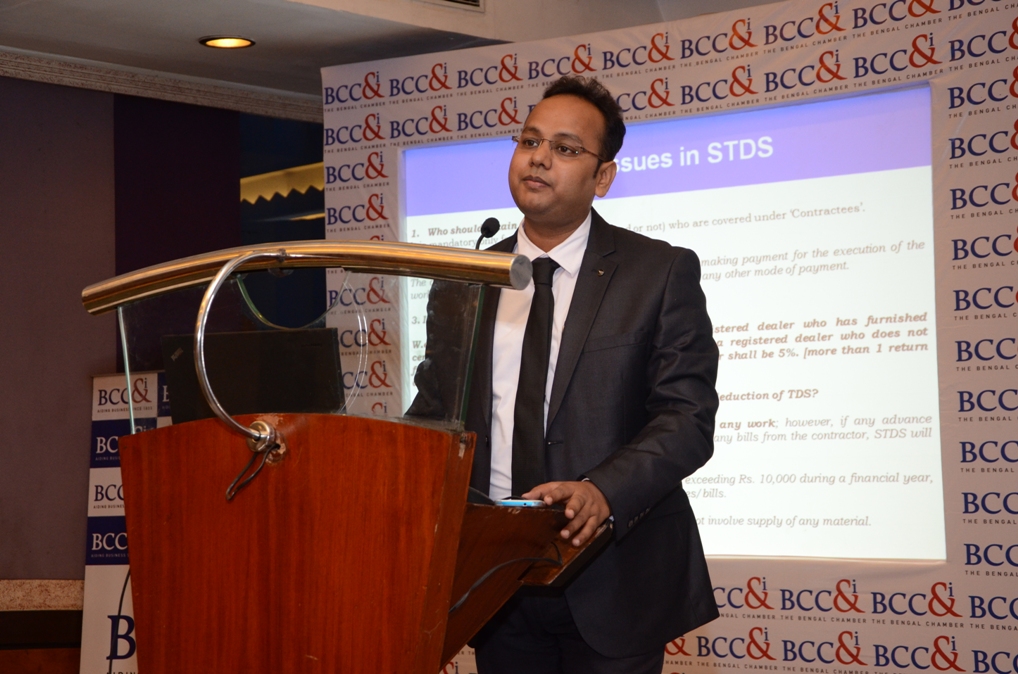Ensure proper service of notices by AO on correct E-Mail Ids as per Rule 127. Assessees must not evade notices. Stay compliant to avoid jurisdictional errors.
While proper E-Mail Ids should be used by AO to serve notice, assesses should not try to evade the notices too
Rule 127 of Income Tax Rules require that for communications delivered or transmitted electronically under section 282, the e-mail address to which a notice or summons or requisition or order or any other communication may be delivered or transmitted shall be –
(i) email address available in the income-tax return furnished by the addressee to which the communication relates;
or
(ii) the email address available in the last income-tax return furnished by the addressee; or
(iii) in the case of addressee being a company, email address of the company as available on the website of Ministry of Corporate Affairs; or
(iv) any email address made available by the addressee to the income-tax authority or any person authorised by such income-tax authority.
Clause 6(i) of Notification no. 2/2016 [DGIT(S)/DIT(S)-3/AST/PAPERLESS ASSESSMENT
PROCEEDINGS/96/2015-16], dated 3-2-2016 provides that in case of non-delivery of email on the primary email address, the notices shall be sent to other email addresses of the assessee available with the department as mentioned in sub-rule (2) of rule 127
The Bombay High Court in the case of Mrs. Chitra Supekar vs ITO in Writ Petition No. 15580 of 2022 has held that it was imperative for the AO to have checked if there was a change of address before initiating a proceeding; and that a valid service of notice under section 148 is a condition precedent lest it would be a jurisdictional error.
The above have to thus be complied with by the AO before service of notice. Incase a notice is issued only on the secondary email address when there was a primary email address was available, the assessee can refuse to participate in a proceeding vitiated by valid service of notice. The secondary email address has to be used as an alternative or in such circumstances when the authority is unable to effect service of any communication on the primary address. This was again upheld by The Bombay High Court in the case of LOK DEVELOPERS Vs DEPUTY COMMISSIONER OF INCOME TAX [2023-VIL-29-BOM-DT]. However, it was held that the department will be at liberty to proceed with the assessment after issuance of fresh notice in accordance with law.

While the above is one aspect, the other aspect is also the decision of the same High Court in the case of Kross Television India Pvt Ltd Vs Vikhyat Chitra Production wherein it has held that the purpose of service is put the other party to notice and to give him a copy of the papers. The mode is surely irrelevant. Where an alternative mode is used, however, and service is shown to be effected, and is acknowledged, then surely it cannot be suggested that the defendants have no notice. Defendants who avoid and evade service by regular modes cannot be permitted to take advantage of that evasion.
To sum up and conclude that while the department should be careful in proper service of notice, the assesses should also be receptive and vigilant and not try to evade notices and communication.





